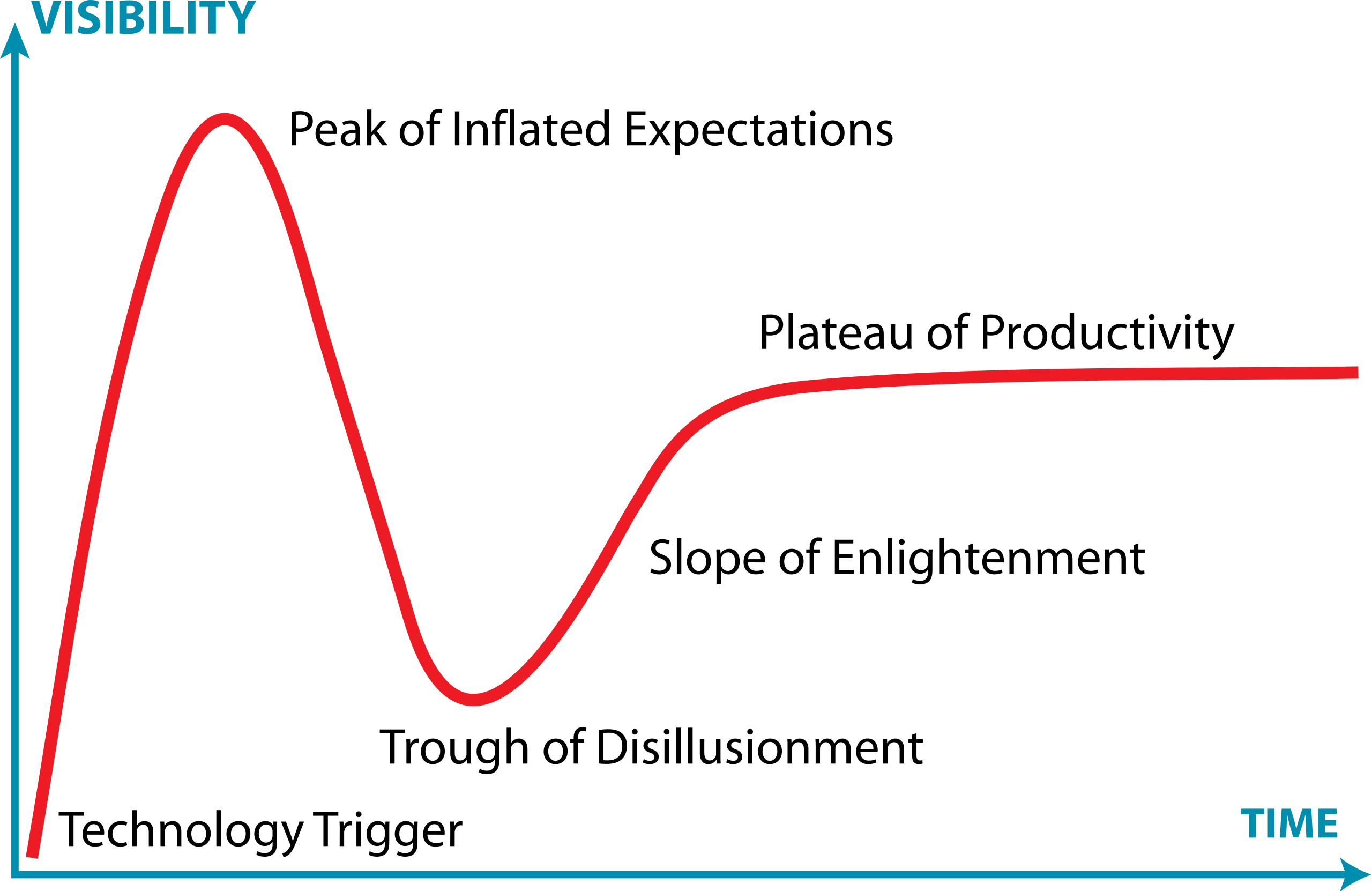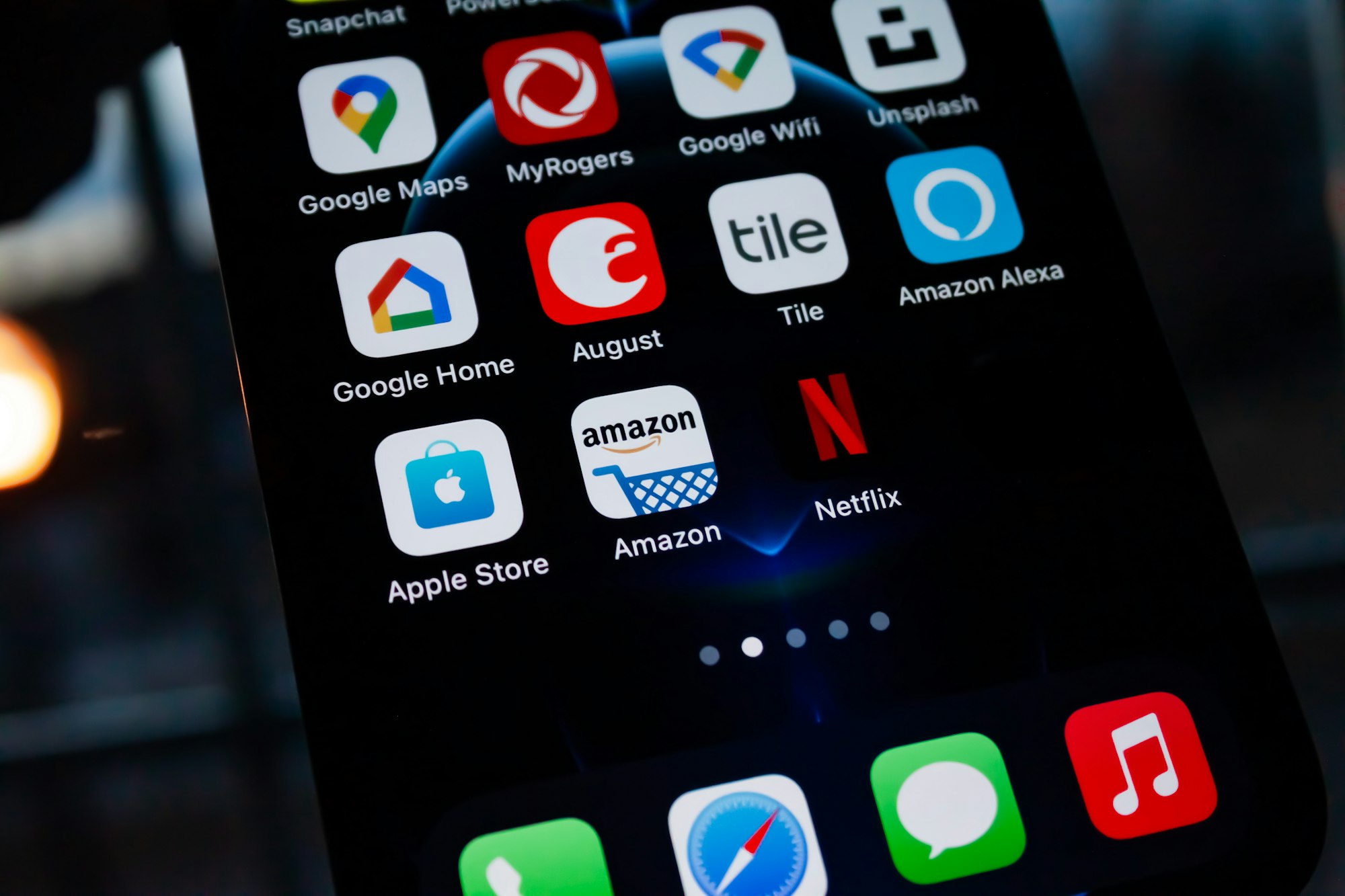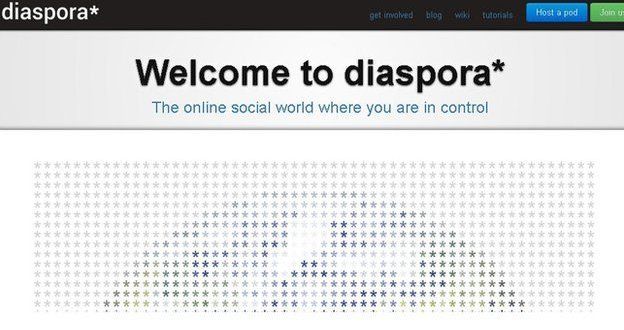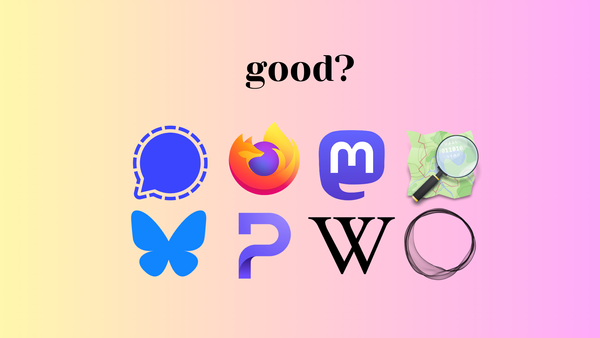Finding The Next Tech Platform

Every few years some new trend comes along and promises to reshape the tech industry and wider world. It usually starts in niche spaces, then a few startups, then the tech giants join, and pretty soon everyone is talking about it. It's in the news, on late night shows, celebrities are getting invested. And then it disappears.
Hype Cycles
Hype is nothing new in tech. There is always some new technology that's being promoted as world-changing that ultimately doesn't live up to it. A few years ago Google and Amazon were both promoting their drone delivery initiatives. The potential to change last-mile deliveries seemed clear but ultimately it hasn't materialised.
When the hype and promise of tech hit the real world there are usually unforeseen issues that optimism alone can't overcome. But from the ashes of the hype usually, some useful products remain. That's exactly what's happened with drones.
The Gartner Hype Cycle

The Gartner hype cycle is a great representation of this trend and countless examples fit perfectly.
In 2016-17 chatbots were the hyped tech. They promised to replace apps with a natural language interface. Every app would become a chatbot. Google and Facebook quickly launched chatbot platforms. It was everywhere, then it disappeared.
But some useful products have remained. Most chat apps now support bots and integrations with other products. Websites use bots for customer service. The hype died but real products remained.
The Next Platform

When the iPhone launched and the App Store with it, a new platform for tech was born. The smartphone allowed for a new batch of tech companies to emerge and become giants in their own right. Uber, Instagram, and Snapchat were all products that could only exist on smartphones. There was a race to create exciting new products that took advantage of the capabilities of smartphones and couldn't exist before. It allowed new companies to compete or even replace the previous generation of tech companies.
But today that wave is over. All the low hanging fruit in the smartphone space is gone. Probably all of the middle of the tree fruits as well. TikTok has been the only major new smartphone-centric company to emerge in recent years.
We've always known the gold rush would come to an end. And the tech industry has been relentlessly searching for the next platform for the past decade. Everyone wants to get into the new gold rush before it's clear it is a gold rush. Smartwatches, tablets, AR glasses, chatbots, etc were all potential candidates for the next great platform.
This search has replicated the Gartner hype cycle with each of these products. Huge initial hype, disillusionment, and then useful but not world-changing products remain.
And today there's a new product joining the next platform hype cycle.
Cryptocurrency

Cryptocurrency and web3 promise to reshape our world. To remove the middlemen that profit off our online activities. To give us all a share in the value we generate. Every web2 product will be replaced with a new decentralised web3 alternative with all the benefits that entails.
Bitcoin started as a niche thing but now cryptocurrency itself is fully mainstream. Ethereum, NFTs, the metaverse, they're all terms average people have probably heard about even if they don't understand what they are. The tech giants have all joined in as well. Facebook has renamed its entire company. Celebrities are hawking NFTs on television. It's everywhere and promising everything.
But if it follows the cycle, we're in for a trough of disillusionment pretty soon.
Why Will It Disappoint?
Decentralization isn't a new trend. It's been popping up every few years for the past decades and promising to remake the internet and return to the glorious days of the 90s each time.

When the sentiment about Facebook began to shift in 2010, Diaspora launched as the decentralized answer. A social network not owned by a single entity, deployed on independent nodes, and free of the privacy issues of traditional social networks. Yet it hasn't been very successful and only has 35K active users today.
The concepts and goals behind decentralization have always been noble and valid but they've failed to become mainstream every time for one simple reason: regular people don't care.
Making Them Care
This time around decentralization isn't the core concept, it's monetization. Monetization of everything and promises to reward individuals for their contributions. This time the number of people becoming rich has given regular people a reason to care.
But products marketed solely on the idea of making you rich aren't sustainable. Every project can't be successful, some investments fail. While the promise of wealth lures regular people in, it also lures in people who can't afford failing investments.
If there was zero potential to get rich from an NFT or owning Bitcoin, how many enthusiasts would lose interest?
Those promises are why many web3 products resemble Ponzi schemes. They dangle quick wealth to everyone knowing full well that for some to succeed others must fail.
So if decentralization hasn't been successful before, and monetization isn't possible for everyone, what incentive is there for users to switch? For most web3 products there isn't any. They'll reproduce existing functionality of web2 products with ideals and promises that some value but not enough for the masses. The post-web3 world will likely resemble today's world more than most are ready to admit.
What Will Be The Next Platform?
If web3 isn't going to reshape the world, what will? I think it's almost impossible to predict but we should look at what separated smartphones from the potential platforms that followed.
- New Capabilities
Smartphones popularised hardware and an interface that wasn't widespread before. New hardware and interfaces required the creation of new products and adaptation of old ones. For any product to exist on this new platform it needed to adapt or risk being replaced by newcomers who did. - Accessibility
Smartphones are accessible to everyone. Easy to use but also they were quickly cheap enough that anyone who wanted one could get one. This rapidly increased the userbase and demanded attention from tech giants to adapt their products. And it provided a growing market for new startups to tackle. - Value
The value offered by smartphones to users was immediately obvious. There was nothing else that could theoretically do the same thing. It didn't require users to believe in its ideals to be convinced of its value.
Cryptocurrency fails the latter two criteria. It's not easy to use and not cheap enough for most to get into. The value it offers requires being sold by the vision of the people involved and it doesn't offer new value that other tech can't.
But all past disappointments ultimately led to useful products. Smartwatches weren't the next platform but are a popular product that's useful for health and fitness.
The same will likely be true of crypto and web3. There'll be some niches where web3 products do things better than web2 tech can. It'll be successful there but coexist with the web we know today.
And there's still potential for a real next platform to emerge. Maybe it's already here with VR/AR and it just needs to be more accessible. Maybe it's something that no one is talking about yet. Whatever it is, when it's here, we'll know, and we'll wish we knew earlier. For now, let's not get too carried away with the web3 hype.




